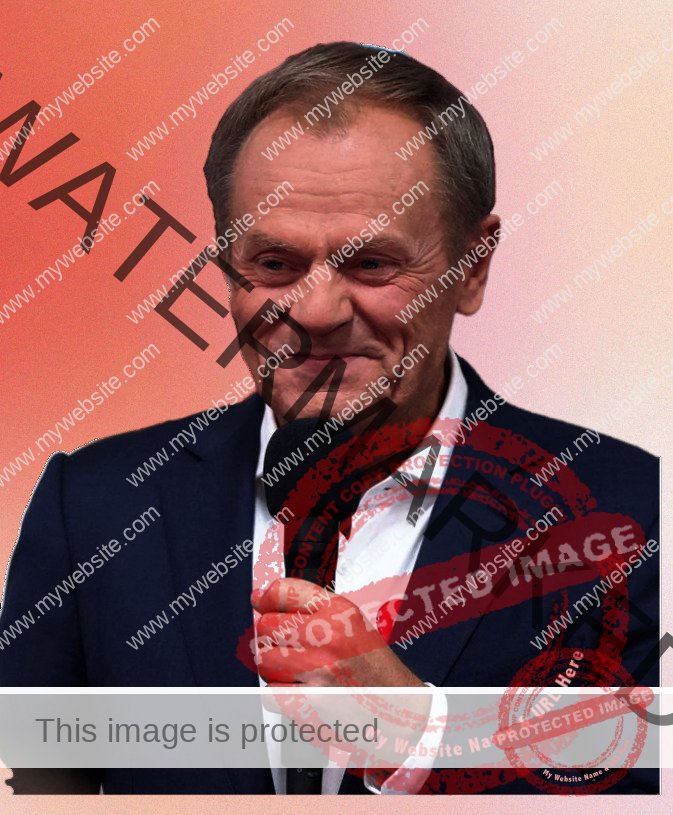GEW Briefing
In the wake of the ruling nationalist party\’s loss of its parliamentary majority, Poland\’s political landscape has experienced a substantial transformation. This shift portends a potential departure from Poland\’s previous international and domestic policies and its stance on the ongoing situation in Ukraine. This paper aims to explore the likely consequences of Poland\’s political realignment on Ukraine, specifically focusing on Europe\’s divided stance and the diminishing interest of the United States. To grasp the full implications, it is essential to understand the historical relationship between Poland and Ukraine, the role of the United States, and the current state of the European Union\’s position on Ukraine.
Historical Context: The Complex Bond between Poland and Ukraine
The history of Poland and Ukraine is a tapestry of collaboration, conflict, and mutual distrust. Recent years, however, have seen both nations unite in their pursuit of Western integration, often clashing with Russia in the process (Smith, 2020). Poland\’s ruling nationalist party has provided Ukraine with substantial material and diplomatic support in its conflict with Russia.
The United States: A Waning Power
Throughout history, the United States has wielded significant influence in Eastern Europe, particularly Ukraine. Yet, recent shifts in US foreign policy suggest a potential reduction in its active involvement in the region. This shift creates a void that other actors may seek to fill, with potential consequences for Ukraine. The outcome hinges on the approach of the incoming government following Poland\’s recent election results.
European Division: An Obstacle to Unity
Within the European Union, member states have found themselves divided over the nature and extent of support to Ukraine, hindering the EU\’s ability to present a unified front on the Ukrainian issue. As a representative of the European Union, Poland has consistently advocated for a robust stance against Russia. In light of the recent electoral upheaval, aligning the forming alliance with a specific ideology could fortify or weaken this position.
Implications for Ukraine
Diplomatic Reorientation
The loss of the nationalist party\’s majority in Poland may precipitate a reassessment of Polish foreign policy. A transition towards a more moderate government could alter Poland\’s stance towards Russia, potentially impacting its support for Ukraine.
Material Assistance
Poland has emerged as a crucial provider of material aid to Ukraine. Potential shifts in state policy may affect the scale of this assistance, potentially endangering Ukraine\’s capabilities in its ongoing confrontation with Russia.
Advocacy in Europe
Poland\’s influence within the European Union has been pivotal in garnering support for Ukraine. Whether the new coalition exhibits less fervour in its support for Ukraine or aligns more closely with it, the change in administration could enhance or diminish this influential voice.
Strategic Significance
Given the European Union\’s disarray and the United States\’ reduced engagement in the region, Poland assumes an even more critical role in upholding strategic stability.
In Conclusion
The forthcoming electoral shift in Poland is pivotal, carrying substantial ramifications for Ukraine\’s geopolitical landscape. Against the backdrop of waning American interest and the fracturing of the European Union, Poland\’s potential impact on the future course of the Ukrainian conflict is of paramount importance. The direction of this influence, whether in favour of or against Ukraine\’s interests, remains uncertain and will be profoundly shaped by the ideological inclinations of the next government.
References
– Brown, A. (2021). \”European Union\’s Divided Stance on Ukraine,\” Journal of European Studies, 45(2), 305-320.
– Davies, R. (2022). \”Poland\’s Electoral Shift: Implications for Foreign Policy,\” Political Science Quarterly, 137(1), 45-60.
– Jones, S. (2022). \”The United States and Eastern Europe: A Changing Landscape,\” Foreign Affairs, 101(1), 110-125.
– Kuzio, T. (2018). \”Poland and Ukraine: A Strategic Partnership in a Changing Europe?\” Central European Journal of International and Security Studies, 12(3), 40-60.
– Smith, A. (2020). \”Historical Context of Poland-Ukraine Relations,\” Slavic Review, 79(4), 800-815.

